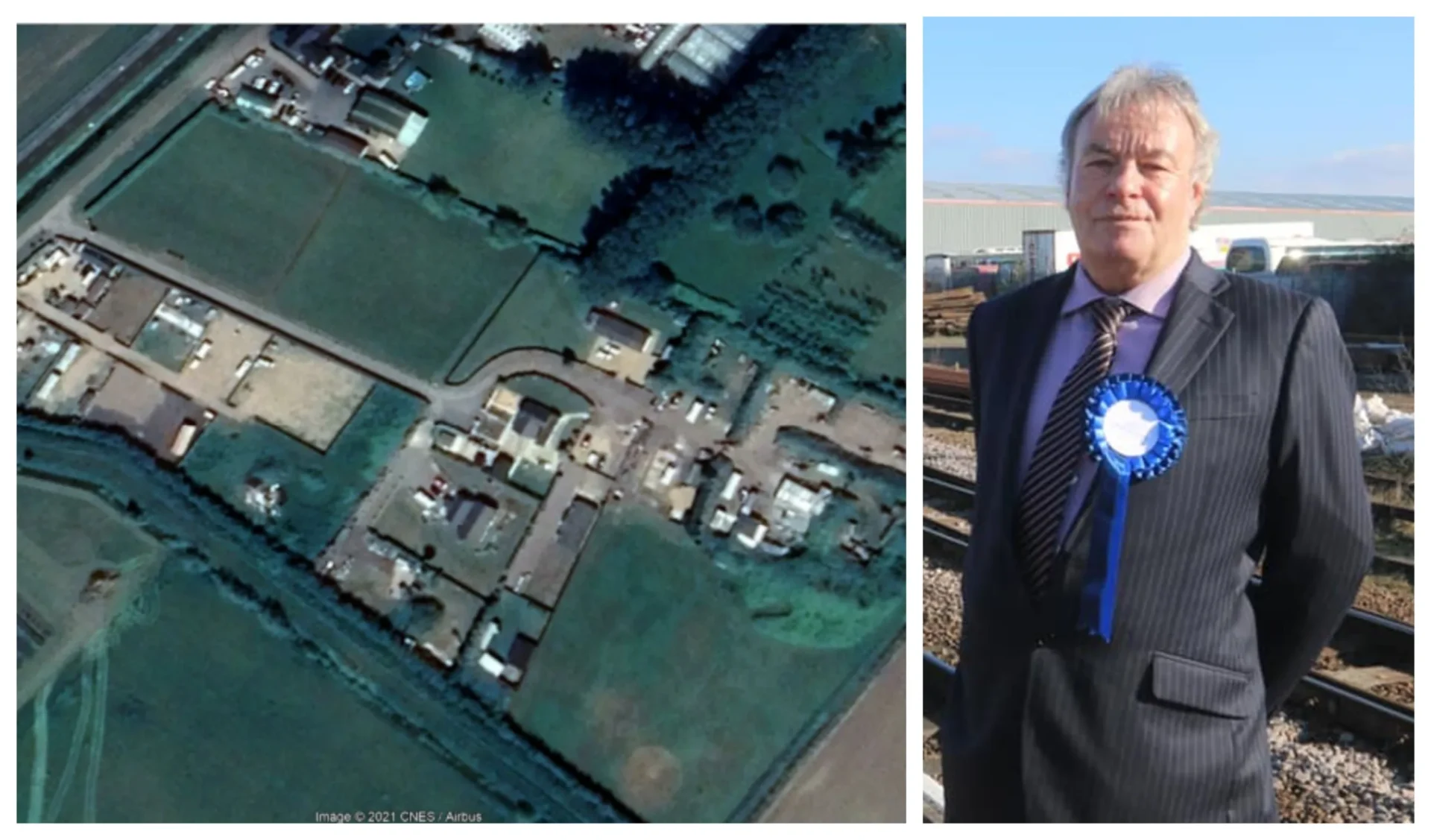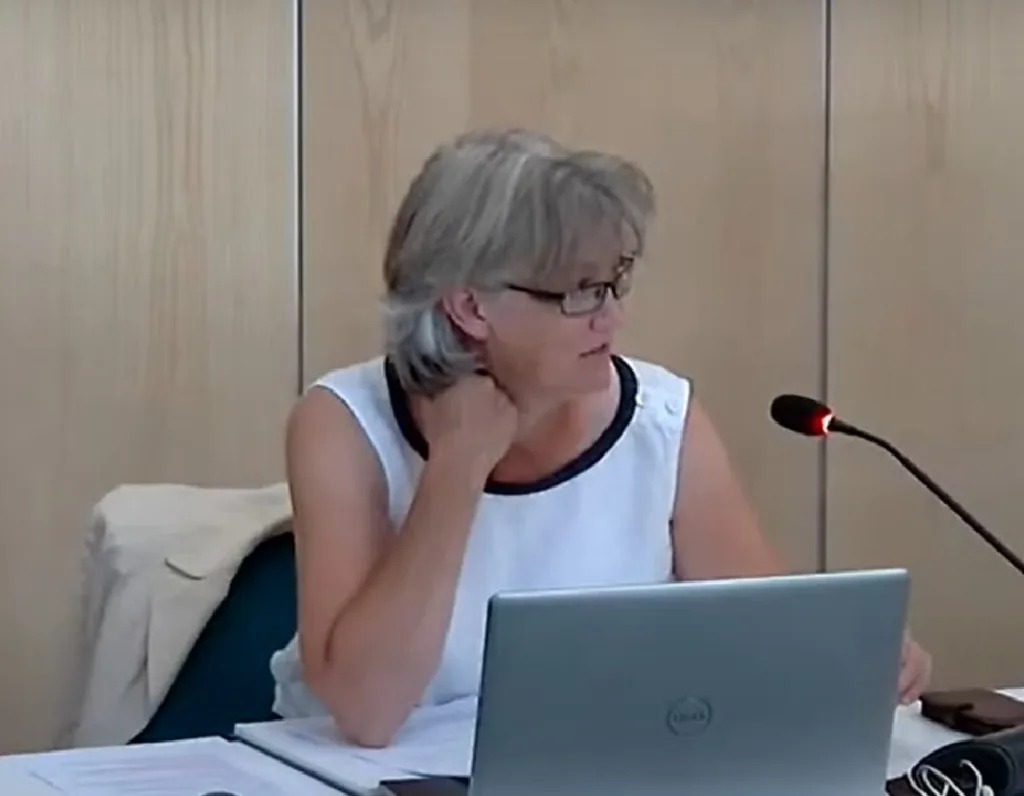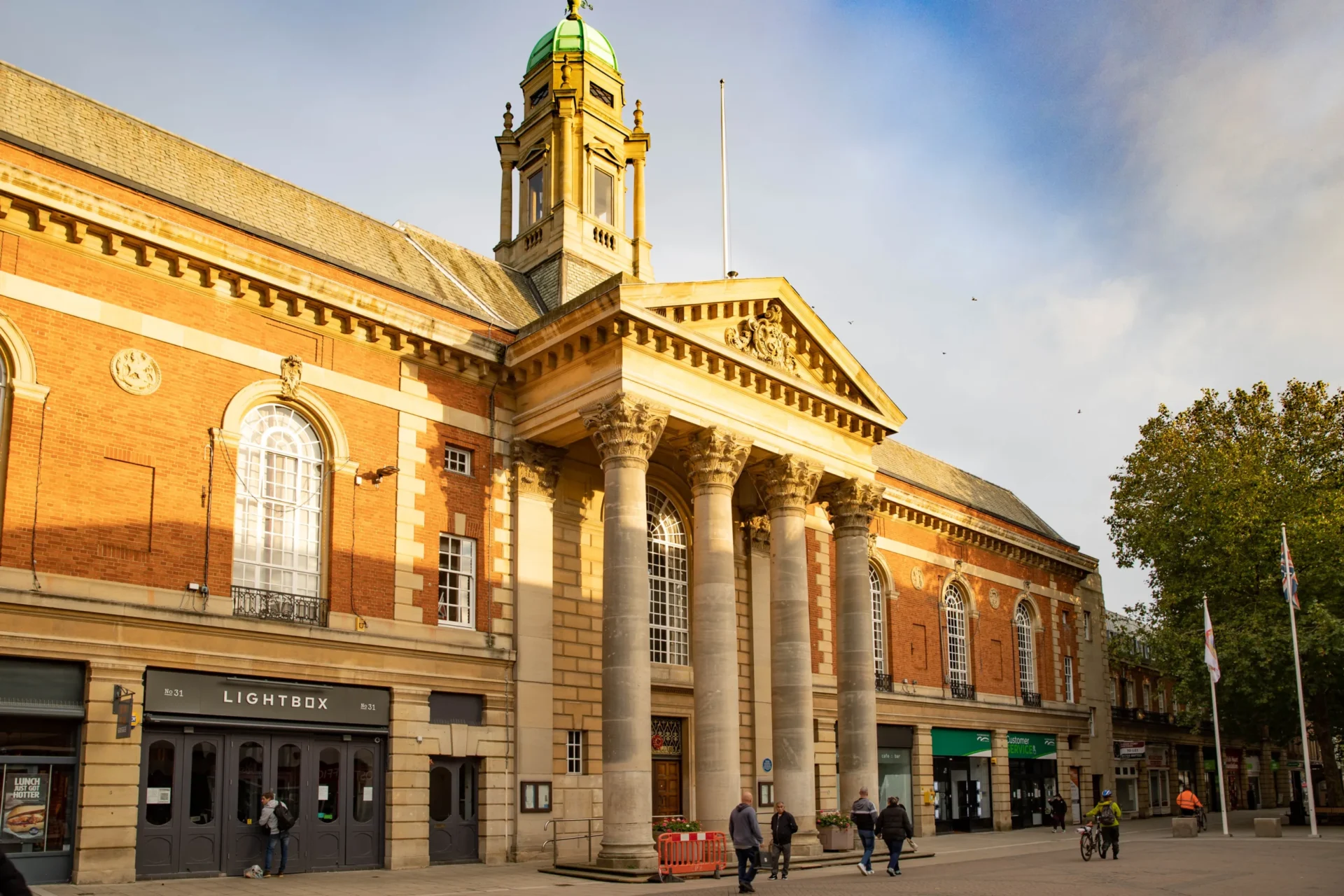Failure by Fenland District Council to update gypsy and travellers’ needs – the last assessment was 11 years ago – is cited as a main reason for the Planning Inspectorate allowing 10 travellers plots to remain at Wisbech St Mary.
It means an end to a battle begun by John Connors in March 2021 when he submitted proposals for the site to the rear of Greenbanks, Garden Lane, Wisbech St Mary, to the council.
Planning inspector M Brooker allowed the appeal and concluded that as Fenland Council is unable to demonstrate an up-to-date supply of gypsy and traveller pitches “this is a material consideration that I afford significant weight”.
He noted that Fenland Council had begun a new gypsy and traveller needs assessment in 2019 but this had been delayed by the Covid 19 pandemic.
In February 2022, the council refused the application claiming it would “result in a cluster of 19 traveller plots in close proximity to each other and as a result would dominate the nearby settled community, which consists of scattered residential development in the open countryside”.
Planners argued it would be contrary to the Fenland Local Plan and that the “harm arising is so significant that it is not outweighed by the personal circumstances of the applicant or the consideration of the provisions of the Equalities Act”.
It was a decision taken by officers without reference to the planning committee but the chairman, Cllr Dave Connor was consulted.
He told officers: “After a site visit and of course I read the planning officers report I feel on balance that the officers have got the decision right to refuse the above application by delegation.
“So please issue the refusal notice when you feel it is appropriate to do so.”
Mr Brooker has blown the council’s refusal out of the water.
His decision allows Mr Connors to have a secure future to enable 10 mobiles homes, 10 touring caravans and 10 day rooms to remain at the site.
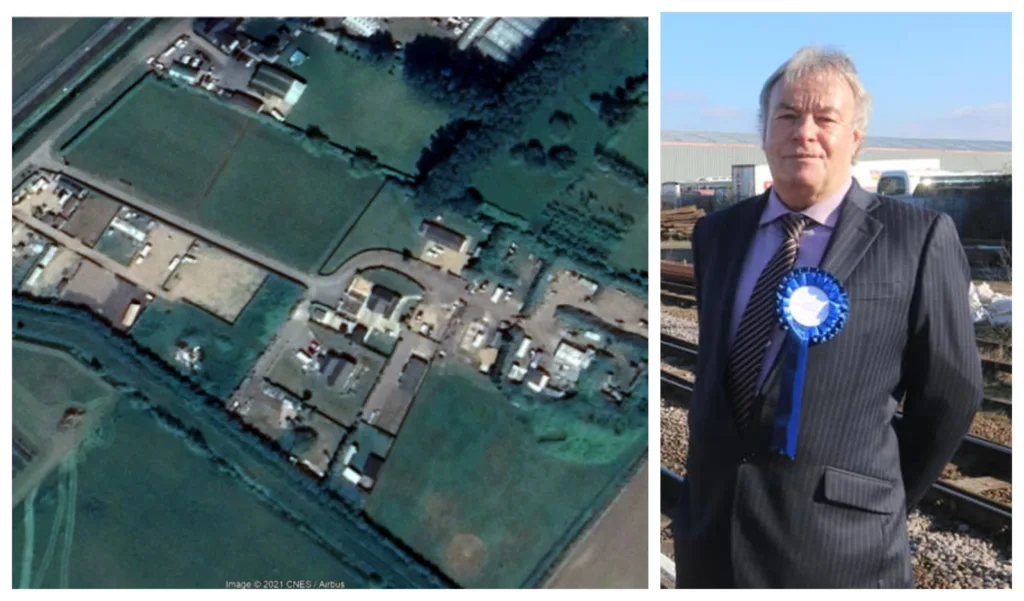
Mr Brooker said on a site visit he noted that the development has already commenced, “with various works to the former agricultural field including the occupation of some pitches and the setting out of others.
“The application is therefore partially retrospective, and I have determined the appeal on this basis”.
He said the site is accessed from Garden Lane between two existing gypsy and traveller sites and is located behind them.
Mr Brooker said the council’s 2013 assessment had identified a need for 18 new pitches up to the year 2026 and that since then 40 pitches have been approved.
However, information provided by David Bailey, the council’s traveller and diversity manager, confirmed that there are no available local authority pitches and that records are not kept of private sites.
“As such, I have no substantive evidence of any available alternative pitches for the current and prospective occupiers of the appeal scheme,” he said.
Referring to who lives at the site, he said the extended family lack a permanent base and that existing sites suffer from overcrowding and anti-social behaviour.
“The proposed development would accommodate the extended family,” said the inspector.
He also mentioned another prospective future occupier, a married couple with a young child and they had a strong local connection.
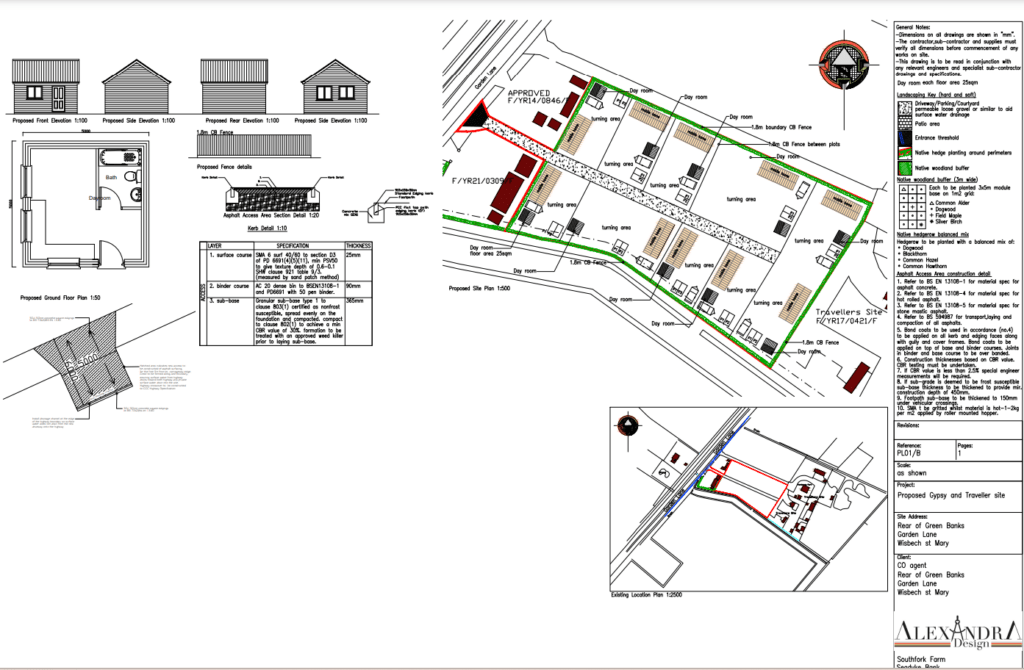
The family had lived at the site “on and off for 5 years” and were looking for a more settled base following the birth of their child.
“Clearly living at the site would help to sustain the family and close ties with other residents,” said Mr Brooker.
He considered the family circumstances of all those who lived there and concluded that “the best interest of the child must be a primary consideration in the case, and no other material consideration should be treated as inherently more significant.
“The provision of appropriate accommodation is in the child’s best interest. This must carry substantial weight.”
He added: “Furthermore, I recognise the family and close ties between the prospective future occupiers and the occupiers of the neighbouring sites and the fact that living together helps to facilitate their traditional way of life.
“These are material considerations that I afford significant weight, in particular with regards to the best interests of the child. In this instance clearly the best interests of the child would be served by the approval of the appeal to allow the family to move into the accommodation that would be created at the appeal site.
“Furthermore, on the basis of the evidence before me, in particular the absence of alternative accommodation, that if this appeal were to be dismissed there would be an infringement of the occupiers’ human rights under Article 8 of the European Convention on Human Rights.
“This refers to the right to a family life and the home.”
The inspector said fears over schooling were raised but he had “no substantive evidence before me to demonstrate that the local schools do not have the capacity to accommodate the children of the proposed pitches”.
Mr Brooker added: “The benefits of the proposal, specifically the provision of 10 additional gypsy and traveller pitches in the absence of a demonstrable up-to-date supply and improved accommodation for the appellants, including children, in a location that would maintain family links are issues to which I attach significant weight.
“I have considered whether this should be a temporary planning permission having regard to the harm on the settled community, and the progress on the gypsy and traveller needs.
“However, it appears in the absence of any compelling evidence, that these matters are unlikely to be resolved in the short or even medium term.
“As such a temporary planning permission would not be proportionate as it would not balance the protection of the public interest against the families’ human rights.
“I consider that cumulatively, these benefits outweigh the harm identified previously and the conflict with the development plan.
“For the reasons given I conclude that the appeal should be allowed.”


